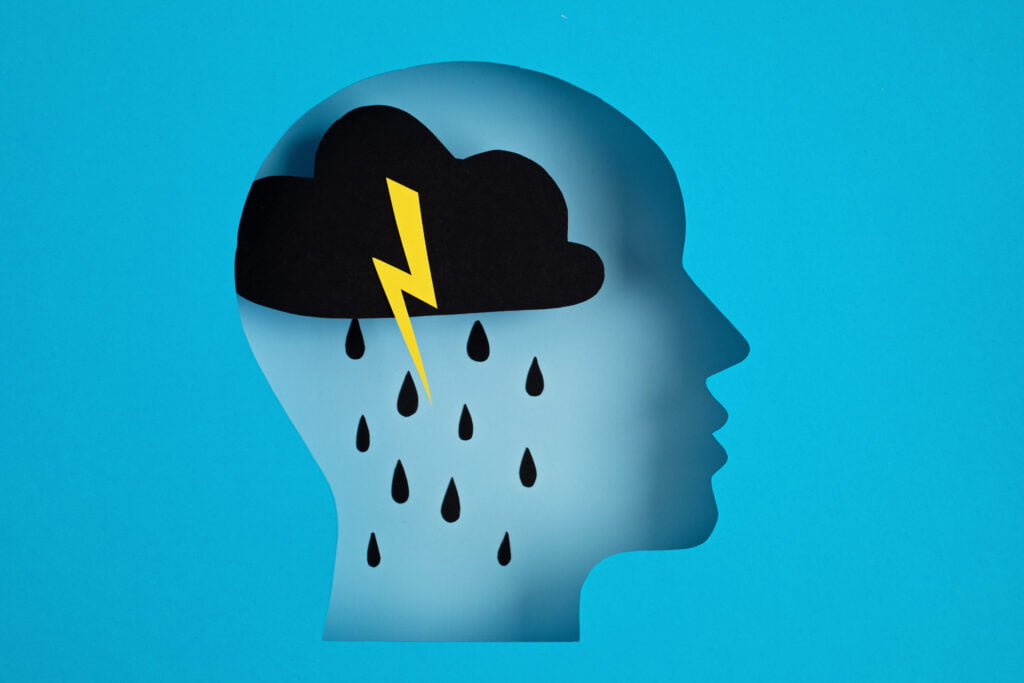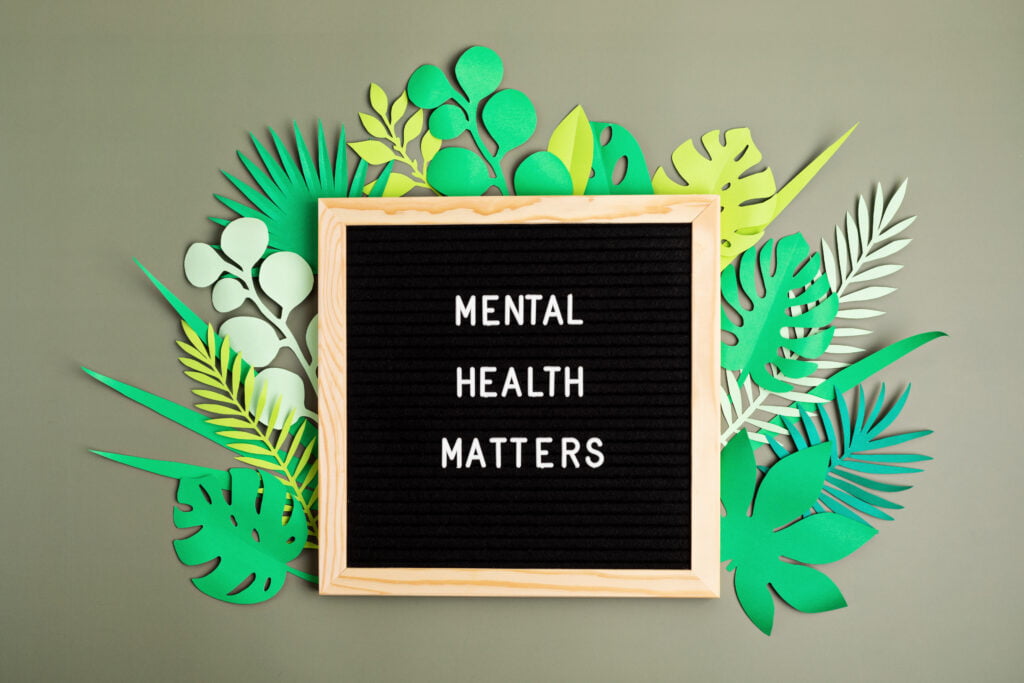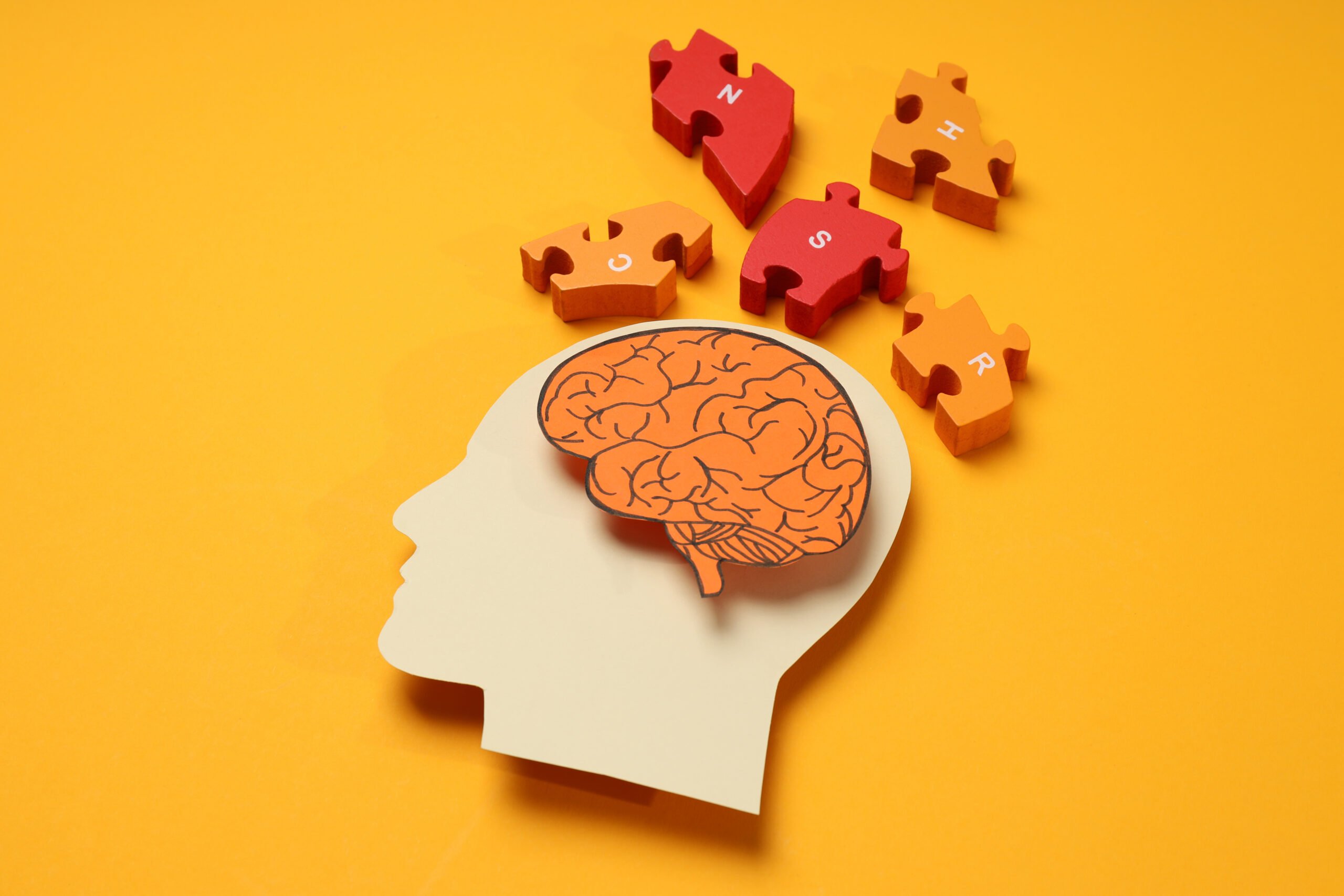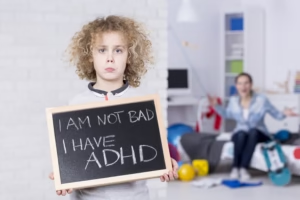“What is a counselor?” is a common question that my clients ask me. When most people think of counseling, they often envision a process focused solely on alleviating symptoms of mental distress. However, the reality is far more nuanced and potentially life-changing. As a seasoned counselor, I’ve encountered countless clients who initially struggled to grasp the full potential and primary objective of counseling. This article aims to shed light on the true purpose of counseling, not only for those seeking therapy but also for mental health professionals who may benefit from a fresh perspective on their role.
The Misconception of Counseling
Many individuals enter counseling expecting a therapist will provide immediate solutions to their problems. They often ask, “How can you help me?” besides, “What is a counselor?” My response invariably surprises them: “My role as a counselor is to assist you towards a life worth living and what that looks like for you.”
This answer often confuses clients who are primarily seeking relief from overwhelming thoughts and feelings. While symptom relief is indeed part of the therapeutic process, it’s merely the beginning. To achieve lasting results, one must understand their purpose and gain a sense of direction. Even in the face of overwhelming emotions, having a clear path forward can make all the difference.
The mental health field is extremely complex, coupled with a widespread of misinformation on social medias. For example, I wrote an article on what self-care truly means; it is also not as straightforward as you think. People frequently use this term superficially.

Understanding the Counseling Landscape
Before delving deeper into the purpose of counseling, it’s essential to understand the various types of mental health professionals you might encounter:
- Licensed Professional Counselor (LPC): These professionals have a master’s degree in counseling and are trained to provide individual, group, and family therapy for various mental health issues.
- Licensed Chemical Dependency Counselor (LCDC): Specializing in substance abuse treatment, LCDCs typically have an associate’s degree and specific training in addiction counseling.
- Marriage & Family Therapist (MFT): With a master’s degree focusing on family systems, MFTs work with couples, families, and individuals to address relationship issues and mental health concerns.
- Qualified Mental Health Professional (QMHP): This broad category often includes professionals with a bachelor’s degree in a mental health-related field, working under the supervision of licensed clinicians.

While these titles may seem distinct, there’s considerable overlap in their training and objectives. LPCs and MFTs, for instance, share a common goal of helping clients overcome mental health challenges, with slight differences in their approach. LPCs tend to focus more on individual self-efficacy, while MFTs emphasize the family system. As you can observe, when someone ask “What is a counselor?” An answer cannot be provided directly as it depends on the context of the query.
The Complexity of Mental Health Disorders
One of the biggest challenges in the mental health field is defining and addressing mental health disorders. Unlike physical illnesses, which often have clear biological markers and targeted treatments, mental health issues are more complex and less quantifiable.
In medical science, once the cause of an illness is addressed, the condition is typically resolved. However, in psychology, the concept of “extinction” works differently. When a behavior undergoes extinction—the gradual decrease of a conditioned response—it doesn’t truly disappear. Instead, it becomes dormant, ready to resurface through rapid reacquisition if triggered.
This understanding is crucial because it highlights that most mental health disorders are not illnesses in the traditional sense, but rather learned behaviors. These behaviors can’t be unlearned entirely, but new, healthier responses can be added to create a chain of positive behaviors.
The Limitations of Symptom-Focused Approaches
Many counselors, influenced by the current diagnostic system (DSM-5), focus primarily on alleviating symptoms. While this approach can provide short-term relief, it often falls short in creating lasting change. The temporary nature of symptom relief can leave clients vulnerable to relapse when faced with new challenges.
It’s important to note that this limitation isn’t the fault of individual counselors, but rather a reflection of the broader mental health system’s reliance on the Diagnostic and Statistical Manual of Mental Disorders (DSM-5). This system, while useful in many ways, can sometimes oversimplify the complex nature of human behavior and experiences. For many clinicians, they cannot even fully answer the question “What is a counselor?” because we use a practice that is very flawed in design to assist the clients.

Beyond Symptom Relief: Finding a Life Worth Living
If you’re considering counseling, ask yourself: Do you want to simply feel better, or do you want to find a life worth living?
If your primary goal is symptom relief, psychopharmacotherapy might be a more direct route. Consulting with a psychiatrist, medical doctor, or nurse practitioner about medication options could provide quicker relief. However, it’s crucial to understand that long-term medication use often comes with potential side effects and doesn’t address the underlying issues.
For those seeking more profound, lasting change, psychotherapy offers a path to not just feeling better, but living better. A competent counselor can help you:
- Develop skills to manage uncomfortable thoughts and feelings
- Identify and work towards what truly matters to you
- Learn coping mechanisms that allow you to focus your energy on meaningful pursuits
- Build resilience to face life’s challenges
- The Process-Based Therapeutic Approach
Recent developments in the field of psychotherapy have led to the emergence of process-based therapy (PBT). This approach focuses on the underlying processes that contribute to psychological flexibility and well-being, rather than targeting specific symptoms or disorders.
PBT recognizes that human suffering is complex and multifaceted, and that effective treatment must address the processes that maintain problematic patterns of thought and behavior. By focusing on these core processes, PBT aims to create more lasting and generalizable changes in a person’s life.
Key components of process-based therapy include:
- Psychological flexibility: The ability to adapt to various situations with openness, awareness, and focused action.
- Mindfulness: Cultivating present-moment awareness without judgment. I recently wrote an article on how to approach negative thoughts. You can check out here.
- Cognitive defusion: Learning to observe thoughts without becoming entangled in them.
- Acceptance: Allowing difficult experiences to be present without trying to change or avoid them.
- Values clarification: Identifying and connecting with what truly matters to the individual.
- Committed action: Taking steps towards valued goals, even in the face of challenges.
By addressing these fundamental processes, PBT equips individuals with skills that can be applied across various life domains, leading to more sustainable improvements in mental health and overall well-being.
The Role of the Therapeutic Relationship
While techniques and approaches are important, research consistently shows that the quality of the therapeutic relationship is one of the strongest predictors of positive outcomes in counseling. A strong therapeutic alliance is characterized by:
- Empathy: The counselor’s ability to understand and share the client’s feelings.
- Unconditional positive regard: Accepting the client without judgment.
- Genuineness: The counselor’s authenticity and congruence in the therapeutic relationship.
- Collaboration: Working together to set goals and determine the direction of therapy.
- Trust: Building a safe space where clients feel comfortable sharing their thoughts and feelings.
By fostering a strong therapeutic relationship, counselors create an environment conducive to growth, self-exploration, and lasting change.
A Practical Example of Counseling’s Benefits

Consider a scenario where you’re struggling with depression and your typical response is to withdraw from social interactions. This common coping mechanism often exacerbates depressive symptoms, creating a vicious cycle.
If you were to rely solely on medication, you might experience some relief and increased social engagement. However, when faced with more significant life stressors, you might find yourself at a loss, potentially needing to increase medication despite potential side effects.
In contrast, counseling can teach you how to approach and manage uncomfortable experiences. You might learn techniques such as:
- Cognitive defusion: Learning to distance yourself from unhelpful thoughts
- Acceptance: Allowing difficult emotions to be present without trying to change them
- Mindfulness: Staying grounded in the present moment
- Values clarification: Identifying what truly matters to you
By practicing these skills, you develop a toolkit for managing not just current challenges, but future ones as well. Even when life throws you curveballs, you’ll be better equipped to handle them while staying focused on what gives your life meaning and purpose.
Conclusion
The true purpose of counseling extends far beyond symptom relief. It’s about equipping individuals with the skills and insights needed to navigate life’s challenges while pursuing a meaningful existence. By shifting focus from merely alleviating symptoms to fostering psychological flexibility and value-driven living, counseling can offer a path to lasting change and a life truly worth living.
Whether you’re a potential client or a mental health professional, understanding this broader perspective on counseling can lead to more effective, fulfilling therapeutic experiences. As the field continues to evolve, approaches like process-based therapy offer exciting possibilities for helping individuals not just survive, but thrive in the face of life’s complexities. I hope this article was able to fully explore and answer the complex question of “What is a counselor?”
References
American Counseling Association. (2021). Types of mental health professionals. https://www.counseling.org/aca-community/learn-about-counseling/what-is-counseling/types-of-mental-health-professionals
Bouton, M. E. (2004). Context and behavioral processes in extinction. Learning & Memory, 11(5), 485-494. https://pubmed.ncbi.nlm.nih.gov/15466298/
Deacon, B. J. (2013). The biomedical model of mental disorder: A critical analysis of its validity, utility, and effects on psychotherapy research. Clinical Psychology Review, 33(7), 846-861. https://doi.org/10.1016/j.cpr.2012.09.007
Hayes, S. C., & Hofmann, S. G. (2018). Process-based CBT: The science and core clinical competencies of cognitive behavioral therapy. New Harbinger Publications.
Norcross, J. C., & Blount, A. J. (2020). Evidence-based therapy relationships: The third task force. In J. C. Norcross & M. J. Lambert (Eds.), Psychotherapy relationships that work: Volume 1: Evidence-based therapist contributions (3rd ed., pp. 1-17). Oxford University Press.




